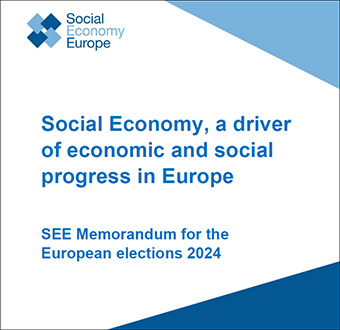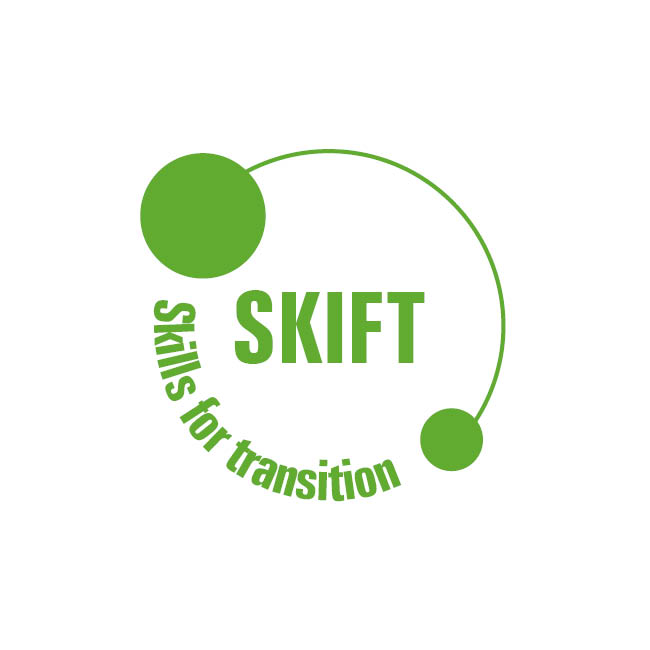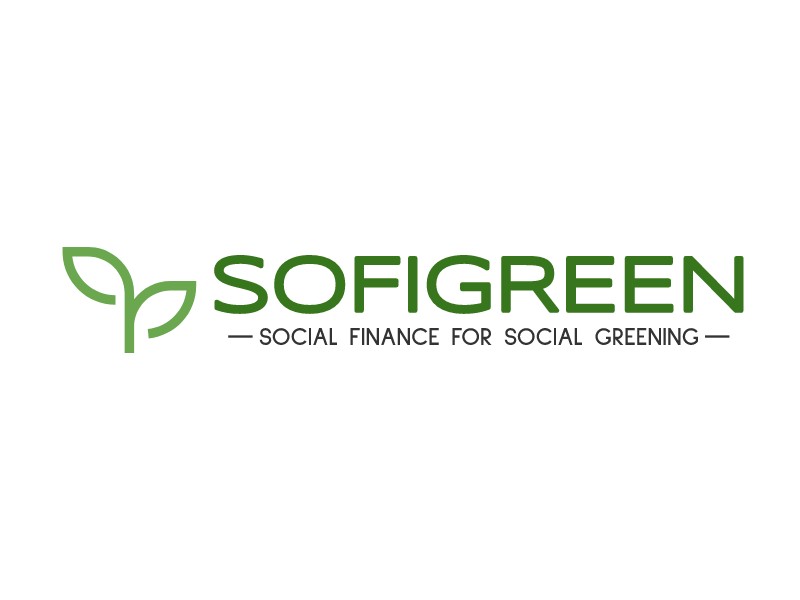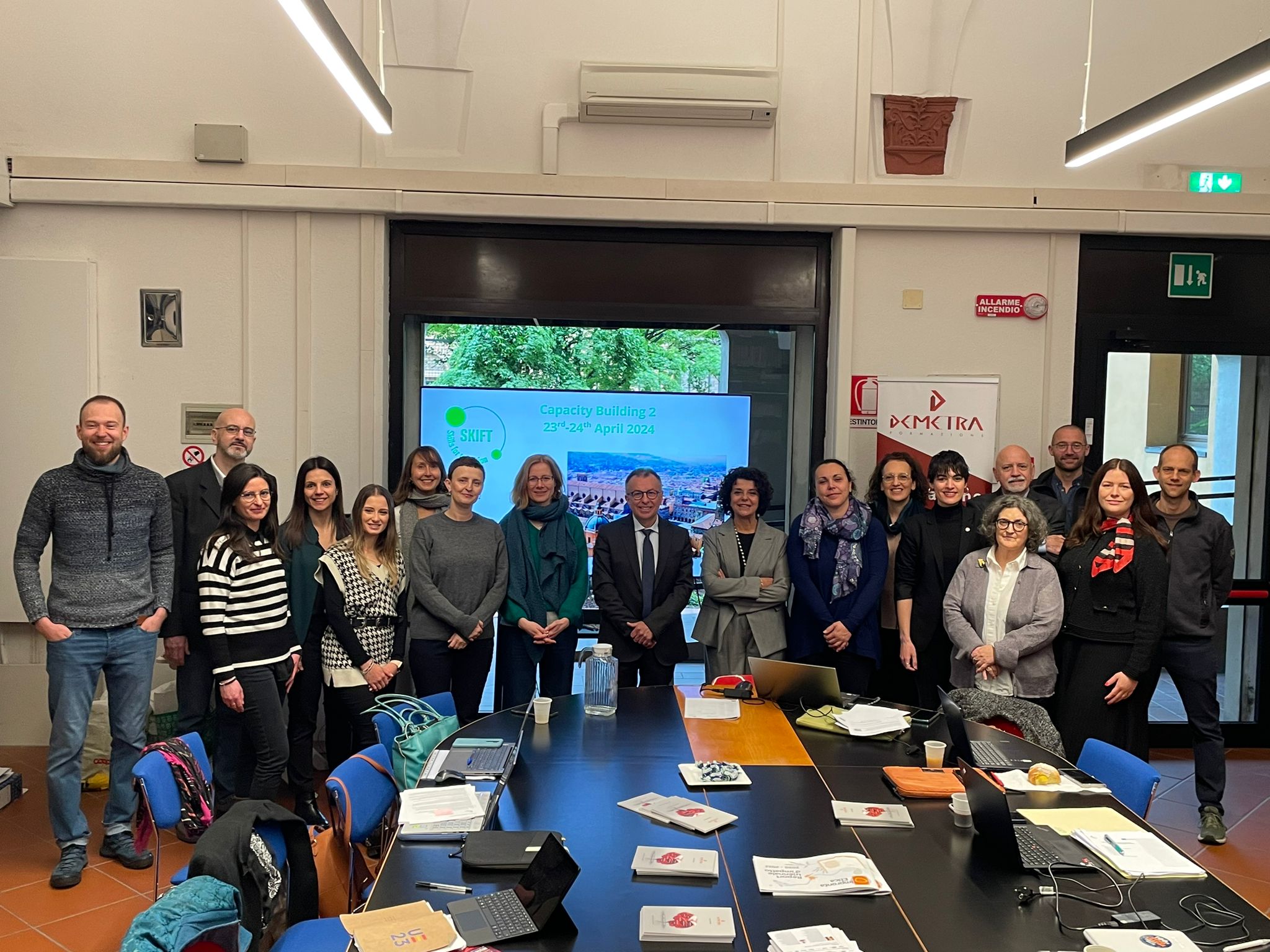The B.RIGHT SPACES project builds on the assumption that civic spaces can be better promoted and protected by the synergetic action of local public authorities, NGOs, CSOs, citizens, according to the principles and practices of subsidiarity and cooperation. Civic spaces are serving as strongholds for citizens’ activism in Europe, supporting democratic participation, the protection and promotion of civil and political rights, economic and social rights, in a perspective of progressive recognition and expansion.
The main goal of the B.RIGHT SPACES project is to improve the collective capacity of local public authorities, NGOs and CSOs (comprising Social economy organisations) to support, develop, protect civic spaces and to strengthen public engagement in discussions and governance practices for democratic progress.
In civic spaces, individual citizens or groups, civil society organisations, private, and public/governmental actors can meaningfully and collectively engage in governance practices for the political, economic, social and cultural progress of their communities, for equal access to services of general interest, freedom to choose an occupation and right to engage in work, access to fair and just working conditions.
The project foresees the following activities:
STEP 1 – OBSERVE AND ANALYSE
Project question: What are the distinctive features of different forms of civic spaces in Europe?
During the project, a research study will be completed to understand the characteristics of civic spaces in Europe.
Actions:
- Field research, including an EU-wide scouting survey to identify and analyse the conditions that influence the success of existing civic spaces,
- Literature review
- Mapping current good practices and models of civic spaces
- Local participatory “mapping”
- Participatory experts’ reviews
STEP 2 – LEARN AND NETWORK
Project question: How can good practices be exchanged to encourage the development of civic spaces?
Actions:
- Policy Labs as platforms for the participatory verification of the B.RIGHT SPACES concepts and hypotheses on promoting and protecting civic spaces
- national Policy Labs, as workshops and focus groups
- online international Policy Labs, as webinars
STEP 3 – FOSTER CIVIC SPACES
Project question: Who are the key stakeholders in the construction or consolidation of civic spaces?
Actions:
- Setup of the B.RIGHT SPACES Transnational online platform for Advocacy and Protection of Civic Spaces, hosting the cartography of mapped EU civic spaces, where to find good practices
- Transnational study visits and workshops, as experiences for mutual learning and exchange
AMONG THE KEY OUTPUTS we are planning to deliver:
- Research reports on the features of civic spaces in the project Countries and a dynamic Mapping of civic spaces in the EU.
- The Guidelines for the Protection and Promotion of Civic Spaces and the related Manifesto. Based on the analysed experiences in the “B.RIGHT countries”, the Guidelines will provide a repository of good practices and the Manifesto will contain the key reference points for the protection and promotion of civic spaces, to be used by communities, policymakers, and organisations.
- The Covenant of Civic Spaces. During the REVES General Assembly, we will come together to prepare and sign the Covenant of Civic Spaces. This important agreement will represent our collective commitment to nurturing and protecting spaces where community members can come together, express their views, and engage in meaningful dialogue and activities.
- The REVES Commission for civic spaces (supporting civic spaces in 14 countries). This will be a dedicated group within REVES that will focus on monitoring and supporting the development of civic spaces, offering guidance and resources to communities.
- The Policy Recommendations for local authorities to advocate for policies that protect and enhance civic spaces, ensuring they remain integral parts of our communities and continue to support democratic engagement and social well-being.
The project has officially started on March 1st, 2024. It will last 24 months, until February 28th, 2026.
The B.RIGHT SPACES project is carried out by a consortium of 10 Partners from Belgium, Italy, Poland, Portugal and Spain:


Disclaimer

 Docs
Docs  Support
Support 





